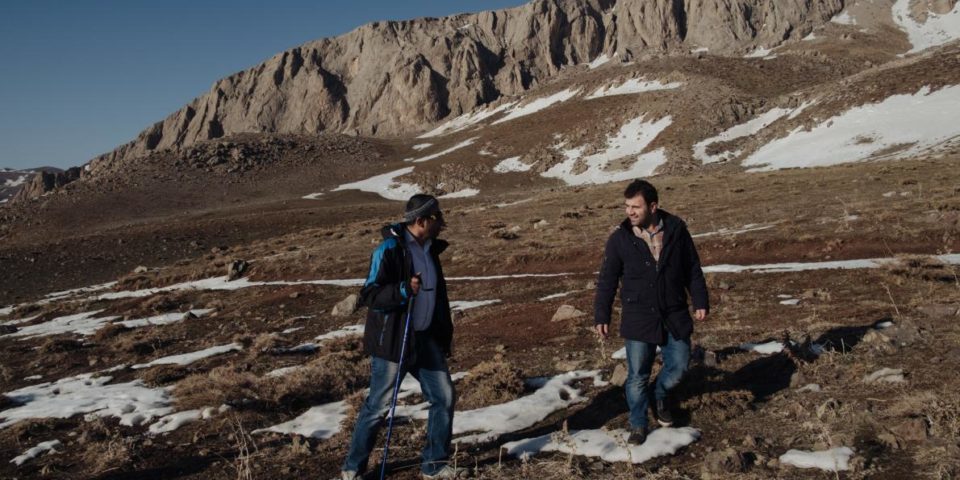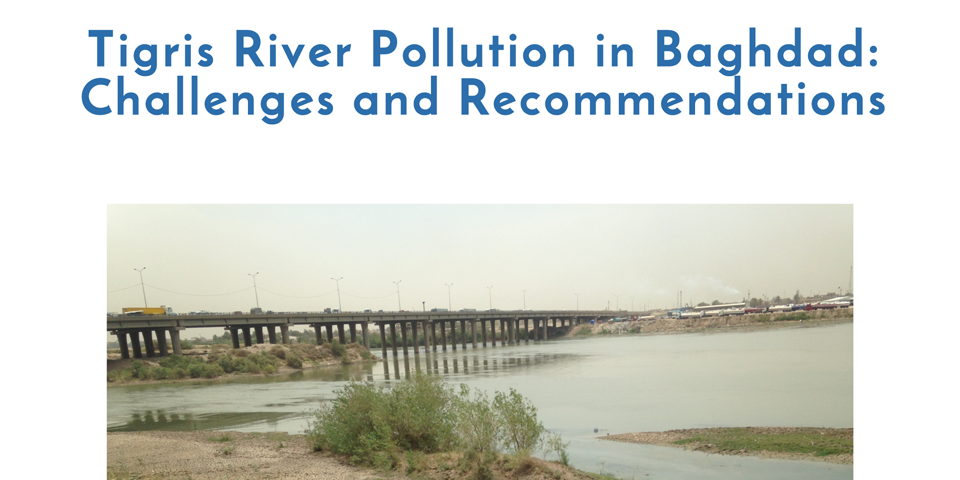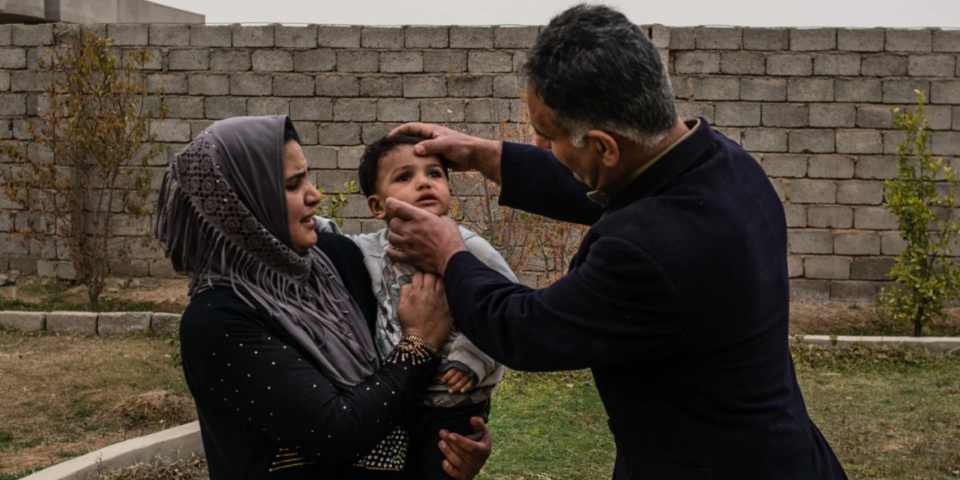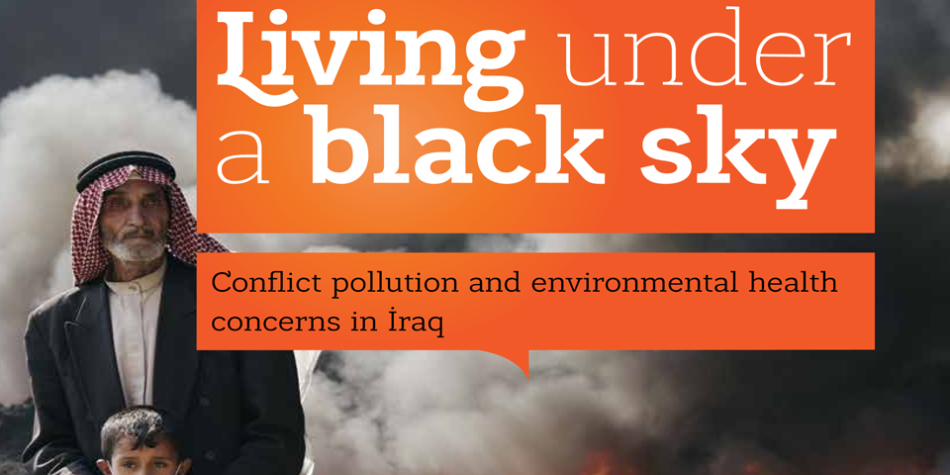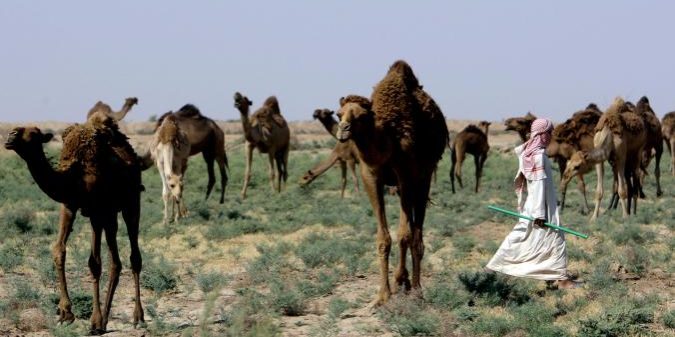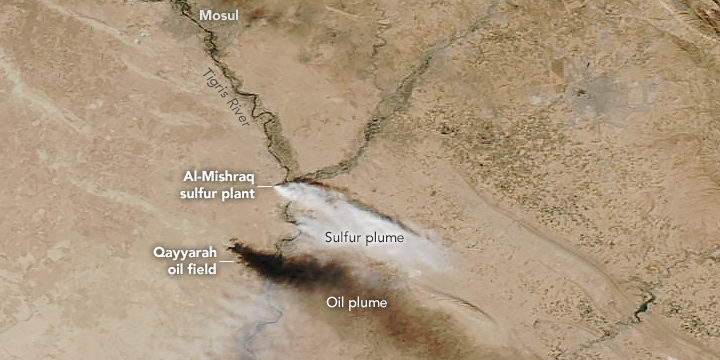UN Environment | Rising from the rubble: Iraq’s Mosul takes steps to deal with war debris
The end of hostilities left Mosul, already devastated by ISIL’s wanton killings, grappling with debris from widespread destruction of infrastructure by rival forces.


